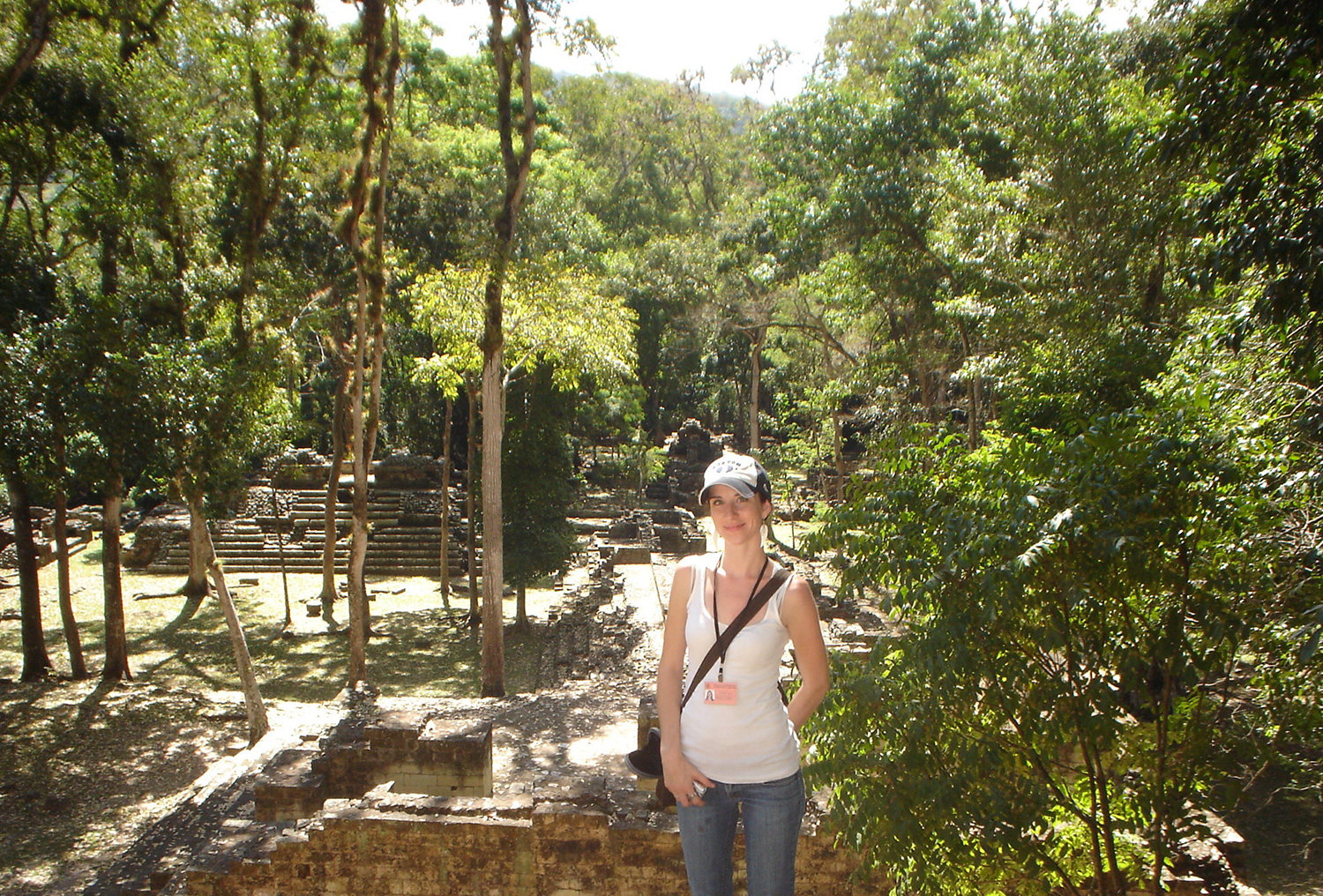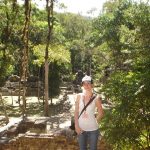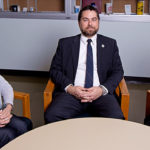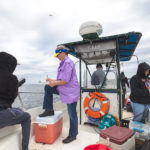UWF assistant professor of anthropology selected for a Fulbright U.S. Scholar grant
Dr. Katherine Miller Wolf, assistant professor of anthropology at the University of West Florida, is the recipient of a prestigious Fulbright U.S. Scholar grant. Miller Wolf will teach students from the National Autonomous University of Honduras at an archaeological site in Copan, Honduras from May to December 2020.

“I am truly honored to be a Fulbright Scholar to Honduras,” Miller Wolf said. “It is a country that has captivated me for more than a decade with its rich cultural history, beauty and wonderful people.”
The Council for International Exchange of Scholars has administered the U.S. Fulbright Scholar Program for nearly 70 years on behalf of the U.S. Department of State. The program awards nearly 470 teaching and research opportunities in more than 125 countries to university scholars and other professionals, including artists, attorneys and scientists.
The U.S. Fulbright Scholar Program allows Miller Wolf, who as a bioarchaeologist specializes in the study of skeletal remains at archaeological sites, to share her expertise abroad. She will lead the delicate process of the excavation and preservation of the largest collection of ancient Maya human skeletal remains yet recovered in Mesoamerica.
Miller Wolf studies human remains, such as teeth and bones, to determine information about these civilizations, such as how the people were related and where they were located. As part of a research program, she spent several years in Copan doing archaeological fieldwork to understand what life was like for the ancient Maya. The opportunity in Honduras piqued her interest, and the area has remained the focus of her research. Five years ago, Miller Wolf was invited to teach an intensive summer course on physical anthropology at UNAH; the first course ever taught by a bioarchaeologist in the country.
“UNAH has bright students and I am excited for this collaboration that will allow me to offer them unique classes and research opportunities with archaeological materials,” Miller Wolf said. “It will allow the students to directly engage with the stories and experiences of their ancestors in a very tangible way. Copan is a second home and I feel incredibly lucky to spend my time there among friends doing two of my favorite things – teaching and research.”
On Jan. 4, 2020, Miller Wolf was awarded the 2020 Archaeological Institute of America Conservation and Heritage Management Award for her conservation work in Copan. The award is made in recognition of an individual’s or institution’s exceptional achievement in any of the following areas: archaeological conservation (the conservation of an artifact, monument, or site); archaeological conservation science (an advance in deterioration analysis or treatment of archaeological materials); archaeological heritage management (the overall management of a site or group of sites including their preservation and interpretation to the public); education/public awareness of archaeological conservation through teaching, lecturing, and exhibition, or a publication. In 2004, Miller Wolf launched a massive conservation project involving more than 1,200 human skeletal remains.
“When I arrived in 2004, the collection had been in deteriorating paper boxes or bags for anywhere from 30-100 years and the boxes had rodents and insects that had damaged the remains,” Miller Wolf said. “I cleaned all of them starting in 2004 and then was able to purchase boxes and re-house them with some funds from the National Science Foundation.”
Miller Wolf earned her doctorate in anthropology in 2014 from the Center of Bioarchaeological Research in the School of Evolution and Social Change at Arizona State University and joined the UWF faculty in 2019. She has incorporated her own research interests by adding new curriculum including bioarchaeology, biological and evolutionary theory, primatology, peoples and cultures of the world, human osteology and bioanthropology. Her classroom focuses on helping students understand the relevance of anthropology in a variety of disciplines and career paths. She also provides active learning opportunities in the classroom through observation of casts and real specimens of bones from humans, primates, and other animals.
Following her time in Copan, Miller Wolf hopes to continue the existing collaboration with the Honduran Institute of Anthropology and the National Autonomous University of Honduras and expand the work in ways that can lead to cultural exchange and further institutional collaborations.
“The potential impact of this experience on my teaching and professional work is exciting,” Miller Wolf said. “It is important for teachers to periodically reconsider and reframe the way in which they convey information. The requisite changes to course materials and the challenge of teaching in my second language will allow for refinement of my abilities as an instructor.”
The Fulbright Program, sponsored by the U.S. Department of State’s Bureau of Educational and Cultural Affairs, is the U.S. government’s flagship international exchange program and is supported by the people of the United States and partner countries around the world. For more information, visit eca.state.gov/fulbright.
For more information on UWF’s Division of Anthropology and Archaeology, visit uwf.edu/anthropology.



